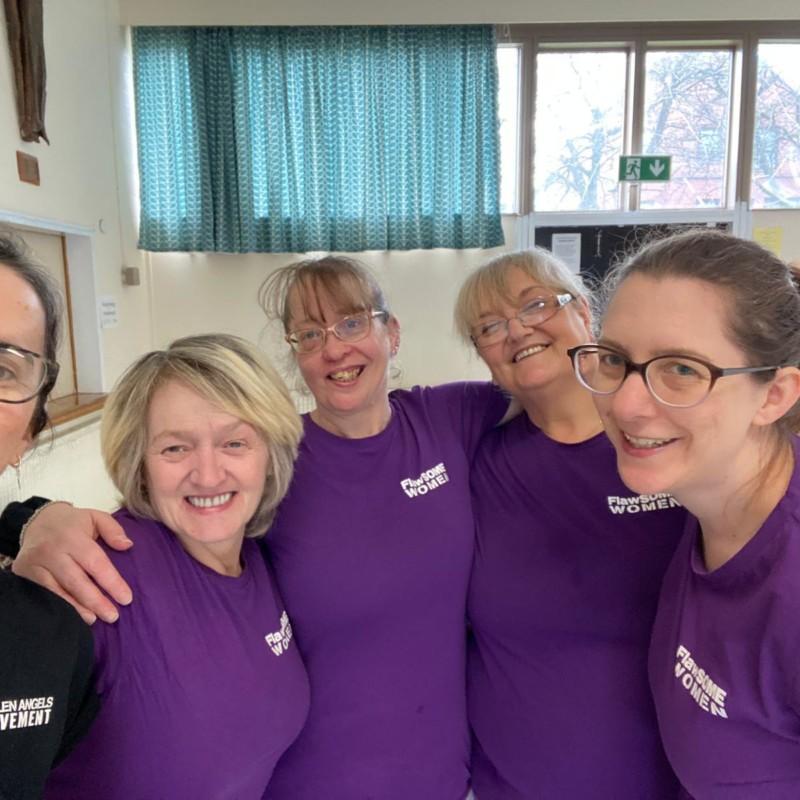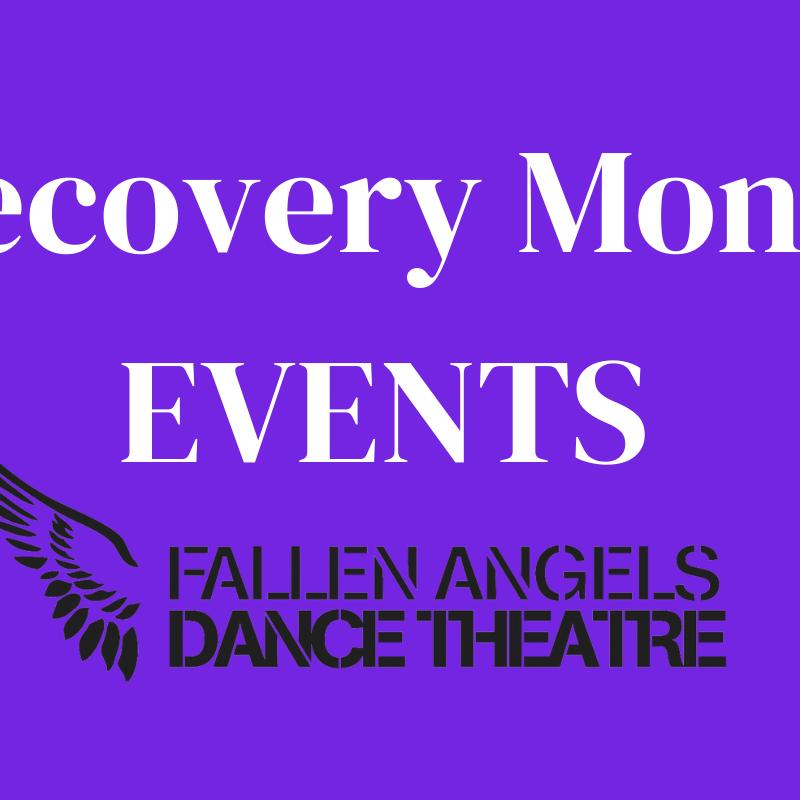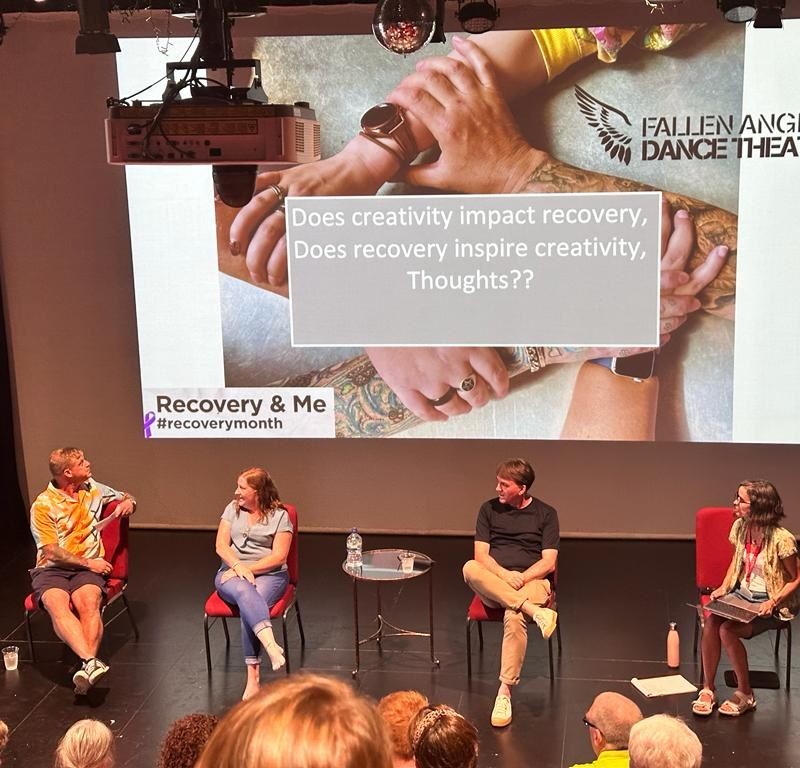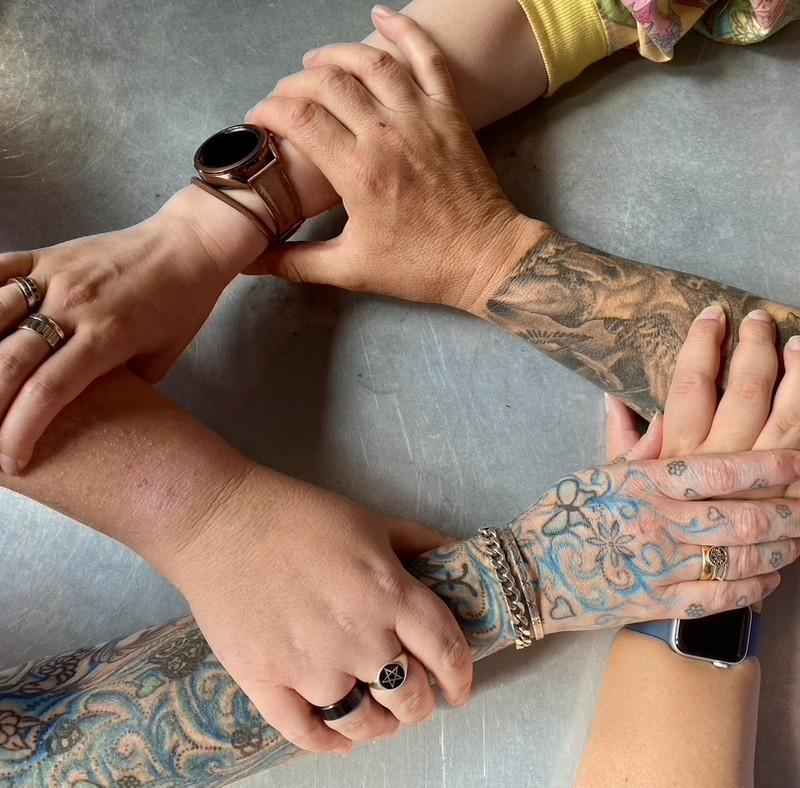De-stigmatising language
Author: admin
Date: January 10th 2024

The US and Canada are leading the way in humanising addiction, we found this article a very useful guide to language; https://www.ccsa.ca/sites/default/files/2019-09/CCSA-Language-and-Stigma-in-Substance-Use-Addiction-Guide-2019-en.pdf
Here are some excerpts from the article above that helps us to talk about stigma and practical use of destigmatising language.
Stigmatising language is inaccurate, hurtful and disempowering to people and, when internalised, ourselves.
It’s time to shift our language to reflect the evidence and our understanding of substance use and substance use disorders. We can make a difference by using words that respect the dignity of all people who use or who have used substances, focus on the medical nature of substance use disorders and promote well-being.
We need to stop using stigmatizing slang and too common expressions that are harmful. Instead, we need to implement person- first language.*
*Person-first language is language that acknowledges someone as a person before describing their personal attributes or health conditions. Person-first language does not identify people by secondary or incidental qualities or conditions.
Instead of “druggie,” use “person who uses substances.” Instead of “addict,” use “person with a substance use disorder.”
English vocabulary has evolved to include words that are accurate and relevant, while not being harmful to others and ourselves. The time has come for language around substance use and substance use disorders to change — in the healthcare field, our personal relationships and society.
Calling someone an “addict” dehumanizes that person and can link a substance use disorder to their individual identity. A person is not defined by their illness or health condition.
Say this, not that!
By changing the words you use, you can help break down negative stereotypes one conversation at a time.
Avoid using language like asking someone if they are “clean” or “dirty.” These terms can decrease self- esteem and effectiveness of treatment for someone suffering from a substance use disorder. (see link to view the table on p9)
#StigmaEndsWithMe You can make a difference.
Help end stigma surrounding people who use substances by using person- first language in your day-to-day life.
Talk with your friends, family and colleagues about how they can help too by starting conversations at the dinner table or bus stop, or by encouraging a workplace to introduce a person-first language policy.
Join the conversation online with the hashtag #StigmaEndsWithMe.
Tell friends on Facebook and Twitter that stigma around substance use hurts, and we can help change this in the words we choose to use and the attitudes we hold.
Photo: Point of View Photography






